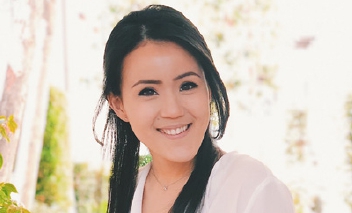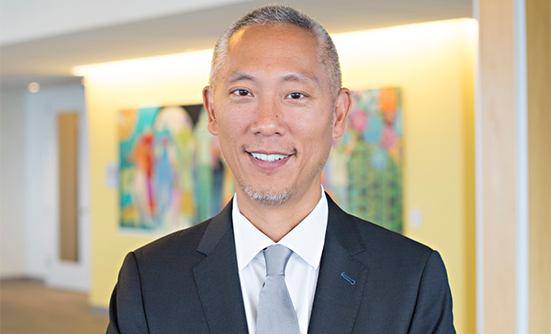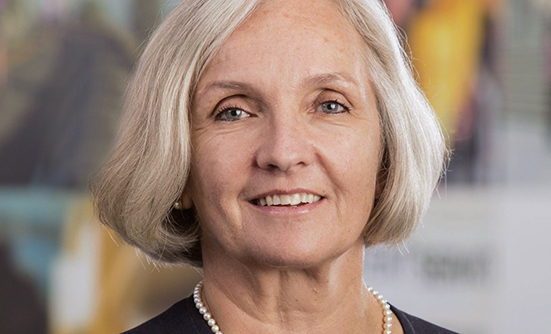Whether a child is fighting to refuse treatment or a terminally ill adult desperately wants to try an experimental drug, patients with cancer throughout the country are attempting to break barriers that keep them from making personal choices about their treatment.
The Right to Refuse Treatment
In 2014, 3 very different stories of patients with cancer caused great controversy nationwide. Patients fighting for their rights are seeing some doors being slightly open, but in some areas of cancer treatment choice, the regulations remain resolute.
In September 2014, Cassandra C., a 17-year-old patient with Hodgkin lymphoma in Connecticut, was forced to have chemotherapy against her and her mother’s wishes. In a report from CBS News (on January 7, 2015), her mother, Jackie Fortin, said that Cassandra “does not want the toxins. She does not want people telling her what to do with her body and how to treat it.” And in an essay published in the Hartford Courant, Cassandra wrote, “I want the right to make my medical decisions. It’s disgusting that I’m fighting for a right that I and anyone in my situation should already have. This is my life and my body.”
However, Connecticut’s Department of Children and Families (DCF) insisted that because of her age, they had to intervene and make the choice for Cassandra. “When experts, such as the several physicians involved in this case, tell us with certainty that a child will die as a result of leaving a decision up to a parent, then the department has a responsibility to take action,” the DCF stated.
In 17 states, but not in Connecticut, a “mature Minor Doctrine” allows court hearings for 16- and 17-year-old patients with cancer who are hoping to obtain or forgo specific treatments. In these hearings, the court concludes whether the minor is mature enough to make medical decisions regarding treatment.
An article in LA Times (January 10, 2015) noted that although the mature Minor Doctrine has rarely helped young teens, “there have been few cases in which minors have successfully appealed medical treatment decisions that the state made for them, mostly on the basis of religious objection.”
The Right to Try
In May 2014, Colorado became the first state to give patients with terminal cancer access to experimental drugs. Since then, Louisiana, Missouri, Michigan, and Arizona have also passed “right to try” laws. In general, the laws permit patients who have exhausted their treatment options access to therapies that have not been approved by the FDA, without any oversight from the FDA.
The right to try law is similar to the FDA’s existing program that grants “expanded access” to experimental drugs. Although the FDA approves most expanded access requests, the process can take months, requiring doctors to complete more than 100 hours of paperwork.
“New ‘Right to Try’ laws have the goal of significantly reducing the time it takes for patients to access experimental drugs,” said Kurt Altman, National Policy Advisor and General Counsel for the Goldwater Institute, the group behind the efforts to pass right to try laws. He explained that in bypassing the FDA and its application process, right to try laws connect the doctor and the patient directly to the drug manufacturer to get immediate treatment, which can be crucial for patients with cancer.
But not everyone agrees that these laws, or access to experimental drugs, are in the best interest of the patient. Sascha Haverfield, Vice President for Scientific and Regulatory Affairs at Pharmaceutical Research and Manufacturers of America, stated, “We have serious concerns with any approach to make investigational medicines available that seeks to bypass the oversight of the FDA and clinical trial process, which is not in the best interest of patients and public health” (US News, November 18, 2014).
Critics’ concerns stem from the requirement that any medication used before it is approved by the FDA must have passed at least 1 clinical trial that evaluates the safety of the drug and potential side effects. However, approximately 33% of experimental drugs don’t complete their clinical trials and will never be approved by the FDA, mostly because they are ineffective or because they have serious side effects.
The Right to Die
In the summer of 2014, 29-yearold Brittany Maynard moved to Oregon to legally obtain medication to aid her death. She had been diagnosed with terminal brain cancer and knew that Oregon had a Death with Dignity Act. The story of her planned death went viral, and Ms. Maynard publically advocated for new legislature to allow patients in her position to choose how they die.
In an interview with People magazine, she said, “For people to argue against this choice for sick people really seems evil to me. They try to mix it up with suicide and that’s really unfair, because there’s not a single part of me that wants to die. But I am dying.” She said that her hope was “to encourage people to make a difference. If they can relate to my story, if they agree with the issue on a philosophical level, to get out there and do what we need to do to make a change in this country” (November 2, 2014).
Ms. Maynard passed away last November after swallowing her aid-in-dying medication. Since then, at least 14 other states have introduced Death with Dignity bills. Although many states are having trouble passing these bills, California lawmakers are hoping their End-of-Life Options Act will be approved. Now, 100 million Americans know about Ms. Maynard’s plight, and the pressure on lawmakers is at an all-time high, with 500,000 online activists following the process of the legislation.
Ms. Maynard was not the only patient hoping for change, but how that change impacts patients with cancer remains to be seen.














